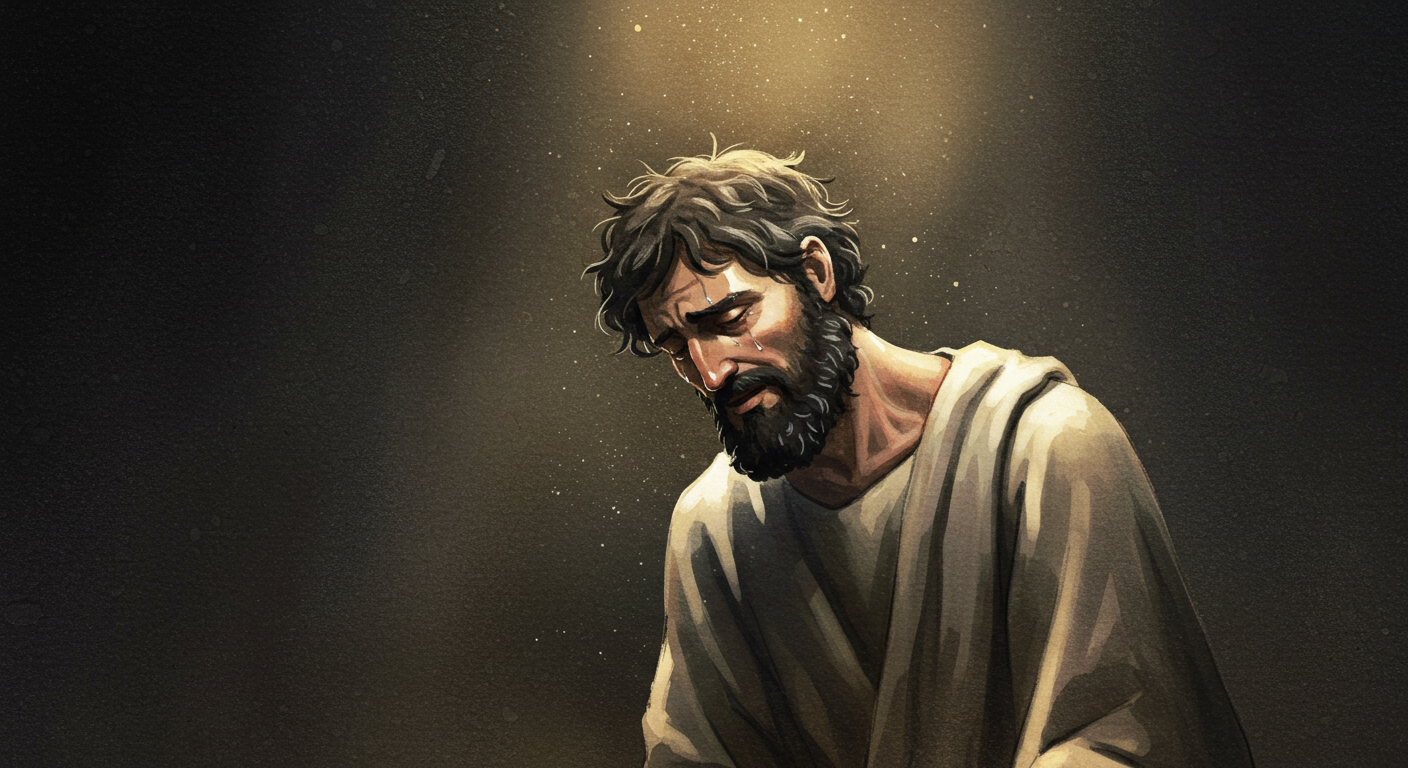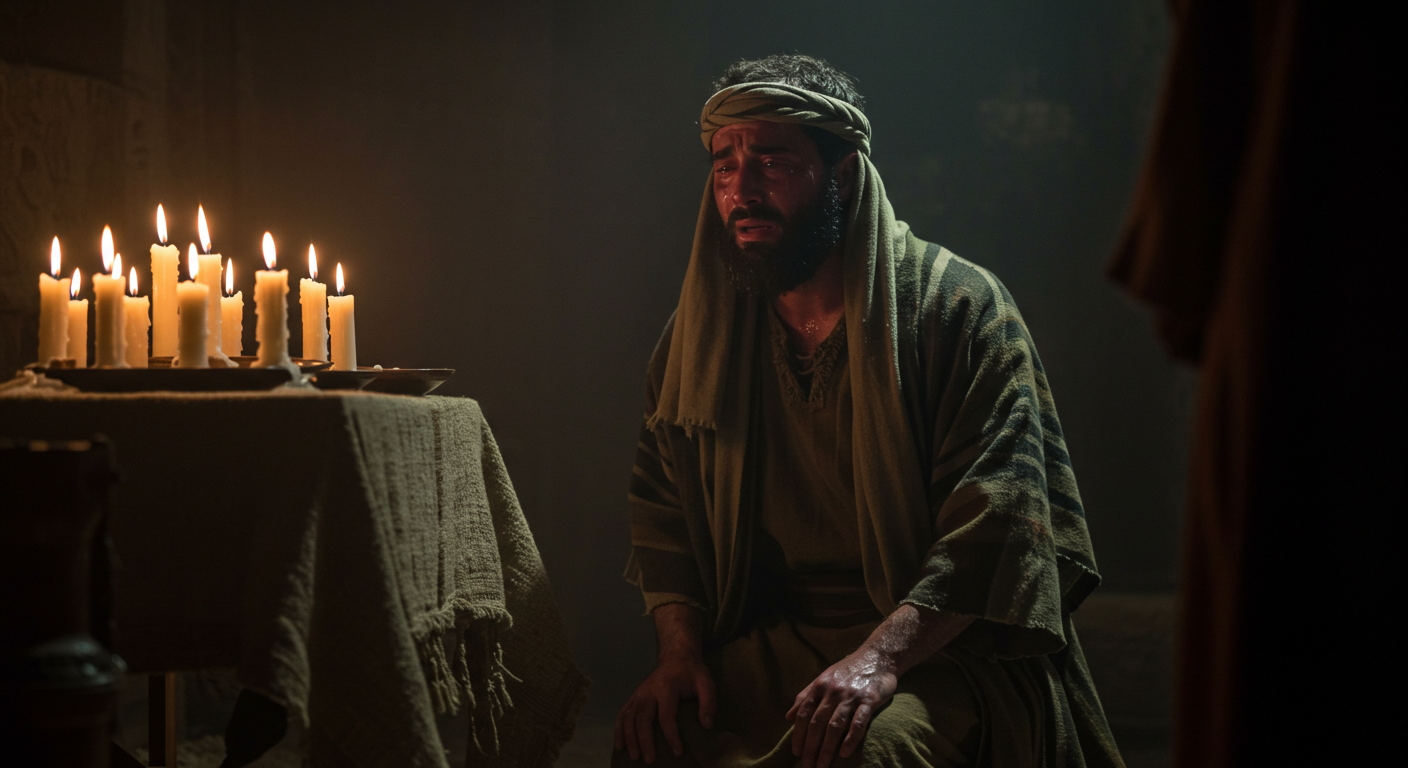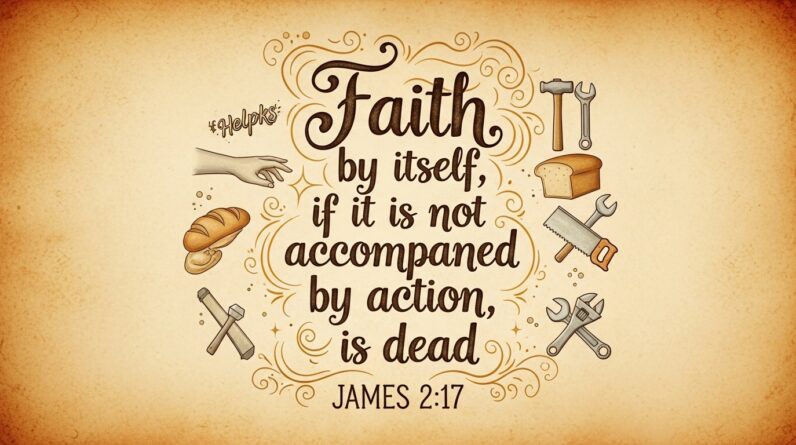Explore the profound themes of repentance, mercy, and renewal in “David’s Repentance – A Broken Heart Before God (Psalm 51)” through a rich, introspective lens.
David’s Repentance – A Broken Heart Before God (Psalm 51)
Scripture Passage
Psalm 51:1-19
Psalm 51 – Full Chapter

Introduction
Welcome to a journey that unveils the depths of human fallibility and divine mercy. As we delve into Psalm 51, you’ll find a vivid picture of repentance, vulnerability, and the pursuit of God’s forgiveness. This psalm, attributed to King David, emerges from one of his weakest moments—his grievous sin with Bathsheba. It’s a poignant reminder of how a broken heart can indeed be the perfect offering to God. You’re invited to read along using the links provided, so you can grasp the full beauty and gravity of these verses.
Point 1: The Weight of Sin
Key Scripture: Psalm 51:3
Feeling guilty about something you know was wrong? You’re not alone. David acknowledges his transgressions outright, “For I know my transgressions and my sin is always before me.” This line grips you with its honesty, showing the sheer inescapability of wrongdoing. In context, David had just been confronted by the prophet Nathan for his affair with Bathsheba, a haunting sermon for any heart burdened by guilt.
Perhaps you’ve experienced a moment where you couldn’t shake off something you did. That feeling of knowing you’ve gone astray can be both consuming and clarifying.
Explanation
The weight of sin is a reality we all carry at some point. David’s transparency is commendable; he doesn’t hide his flaws but lets his remorse bring clarity. Acknowledging the weight of sin is the first step to redemption.
Illustration
Imagine driving on a foggy road, where the fog is your sin, and suddenly, the headlights—representing your conscience—illuminate the way forward. It’s this realization, like David’s, that paves the path to seeking God’s mercy.
Application
Acknowledging your shortcomings allows you to step toward humility and repentance. Challenge yourself to name what binds you and lay it before God—only then can transformation occur.
Point 2: The Depth of God’s Mercy
Key Scripture: Psalm 51:10
“Create in me a pure heart, O God, and renew a steadfast spirit within me.” These words are more than a plea; they’re a testament to the depth of God’s mercy and the possibility of renewal. David doesn’t ask for mere forgiveness; he craves a transformative clean slate.
Explanation
Here, David seeks a heart overhaul—not just a ritual cleansing. This verse shows the intimate relationship between repentance and divine renewal. It speaks to God’s boundless mercy, ready to transform even the messiest hearts into something pure and strong once again.
Illustration
Consider a potter reshaping clay into a beautiful new design from a once-misshapen lump. David’s desire for a pure heart is much like clay, malleable in God’s hands, reforming his inner self into righteousness.
Application
Reflect on God’s infinite capacity to renew and heal. Ask yourself what aspects of your life need renewal today, and invite God’s mercy into those spaces. Offer your heart as clay, unformed, yet open to divine craftsmanship.
Point 3: Joy Restored Through Repentance
Key Scripture: Psalm 51:12
David’s plea doesn’t end with sorrow; he reaches out for joy: “Restore to me the joy of your salvation and grant me a willing spirit, to sustain me.” It’s a reminder that repentance isn’t a cul-de-sac of misery but a path leading back to joy—a divine joy tethered to salvation.
Explanation
Repentance reinstates joy because it realigns us with God’s love, which is unconditionally forgiving. This verse spotlights the holistic nature of salvation that uplifts the spirit, equipping it not only to sustain but to flourish.
Illustration
Think of repentance as pruning a fruit tree. Although the pruning process may seem harsh, the tree must bear sweeter fruit. Similarly, repentance may feel painful at the moment, yet it makes room for future joys.
Application
What joy have you forfeited by holding onto guilt or shame? Invite God to prune away these barriers, allowing joy to flourish anew. Pray for a spirit willing to embrace the painful pruning, understanding that it’s for the sake of greater joy ahead.

Conclusion
As we wrap up this exploration of Psalm 51, let’s revisit the steps of David’s spiritual journey: acknowledging sin, seeking God’s boundless mercy, and restoring joy through repentance. At its heart, this psalm is about coming clean before God—a powerful testament that even from the depths of our mistakes, God’s love is wide enough, deep enough, to cover all and renew us in the process.
Take a moment to reflect on David’s ultimate message: Your broken heart is not a hindrance but the perfect offering for divine transformation. Keep this scripture close as a reminder of the joy and purity that can come even after the stormiest mistakes.
As a ClickBank Affiliate, I earn from qualifying purchases.








